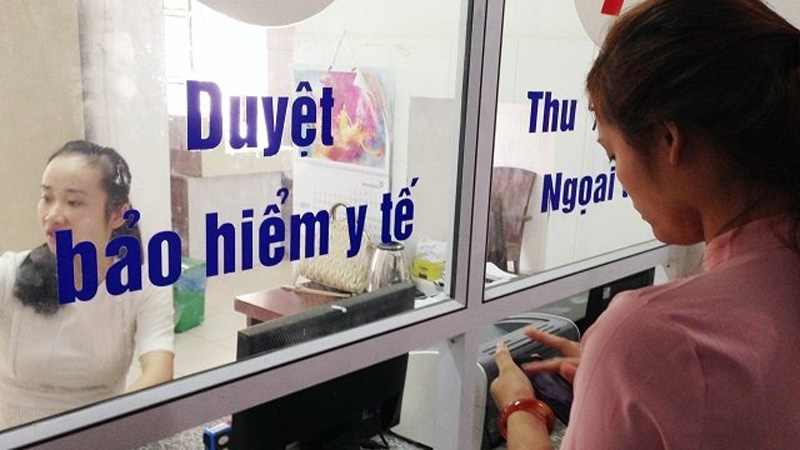



Vietnam is facilitating the transformation of medical payments towards a modern method under DRG model.
Associate Professor, Dr. Pham Le Tuan, Deputy Minister of Health, said that domestic health financing is reforming in the direction of improving equity and efficiency, therefore, the gradual transformation towards advanced medical payments, under the DRG model, is Vietnam’s priority policy.
The deputy minister revealed that his ministry is implementing the method at Hanoi’s Ba Vi District Hospital, while proceeding to build a DRG-based payment system for provincial medical services, gradually replacing the fee-for-service payment model, with the support of Thai experts. Comments at the workshop were an important basis for the Ministry of Health to expand the new payment method, he added.
Keiko Inoue, from the World Bank, suggested that Vietnam should make an appropriate transition in medical billing in order to maximise success and minimise risks. Through referencing the experiences of foreign countries, including Thailand, Vietnam could change the payment method towards a DRG model without affecting the financial situation of the medical facilities or the medical care plans, she proposed.
Keiko Inoue stressed that Vietnam has made important, solid foundations for the transition to the DRG payment method, as the combination of the e-health insurance payment database and the information standardisation policy at health facilities shows that Vietnam has the necessary IT and data infrastructure to vigorously carry out the transfer.
At a recent meeting on the development of DRG payment methods in Southeast Asia, hosted by Vietnam, a proposal was adopted to establish a regional network on cooperation in the development of DRG payment methods. The World Bank has committed to support this regional network and will support Vietnam to continue implementing reforms towards the payment, in which the international financial institution supports the Ministry of Health and the Vietnam Social Security to simulate the impact of the new payment mechanism.